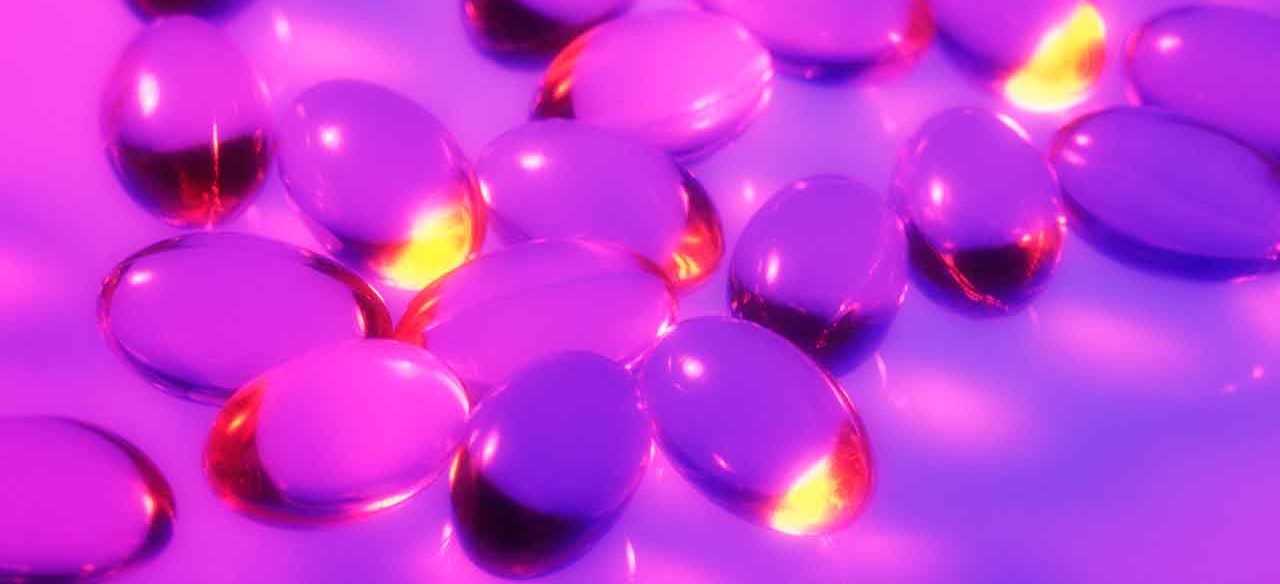Can Nutrients Improve the Effectiveness of Antidepressants?

Therapy, antidepressants, and other strategies may relieve your depression, but for many people those treatments are not enough. Could what you eat help?
You should never ignore fatigue, insomnia, abrupt changes in weight or appetite, or symptoms of irritability, sadness, and hopelessness that last for weeks.
Depression is far more than feeling down occasionally. It’s a serious medical illness that affects nearly one in five American adults during their lifetime, according to the Centers for Disease Control and Prevention. Depression can damage relationships, hurt work productivity, and, if you become suicidal, end your life or leave you injured from a botched attempt.
Therapy, antidepressants, and other strategies may bring relief. But for many people, switching from one prescription antidepressant to another does not lead to complete relief from depression.
YOU MIGHT ALSO LIKE: Caring for Someone with Depression
Supplements might help. A team of researchers in Spain has found support for the idea that several nutrients play important roles in depression:
- Omega-3 fatty acids
- Methylfolate (a bioactive form of the B vitamin folate)
- SAMe (a naturally occurring compound found throughout your body that’s synthesized for supplements)
- Vitamin D
Harvard and University of Melbourne researcher have also found evidence those compounds may enhance the effectiveness of standard antidepressants.
Researchers have studied the relationship between depression and omega-3 fatty acids, a “good” fat found in cold water fish such as salmon and in walnuts, for decades. The results are mixed, and the prestigious Cochrane Review concluded that benefits were low at best. A large study of depressed Japanese elderly found no links to omega-3 fatty acids improving their conditions.
Adding a fish-oil capsule or regular salmon meals can boost your health in other ways, however. It’s also possible that omega-3s will help if your depression is linked to inflammation, often in patients with obesity.
To see if you have chronic inflammation, ask your doctor for a C-reactive protein blood test. A high number indicates inflammation. One study found that depressed patients who had some relief taking omega-3s also had a lower C-reactive protein score.
Folate may also be most effective in depressed people with obesity and high C-reactive protein scores or other signs of inflammation. You may need to take 15 mg a day.
SAMe has been a popular remedy for depression among people who wished to avoid antidepressants. But it may be most effective when taken alongside medication.
Vitamin D is vital for a healthy gut microbiome, which researchers believe significantly affects your mood. The risk of developing depression is higher in individuals with vitamin D deficiency. At least one study has found that adding vitamin D to drug treatment provided a boost, especially for women and severely depressed men. Three months of supplements significantly increased the levels of serotonin in their blood.
An abundance of evidence shows that diet is related to mood. If you are stuck in a depressed state, it may be hard to make changes. You can ask your doctor to check your vitamin levels to find any deficiencies.
You might also pursue a more nutritious diet, leaning towards fruits and vegetables, beans, nuts, and whole grains.
Updated:
January 23, 2024
Reviewed By:
Christopher Nystuen, MD, MBA and Janet O'Dell, RN